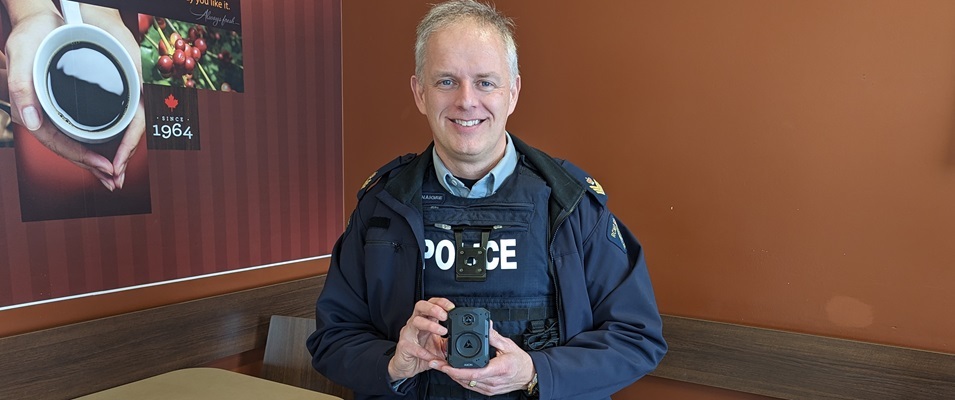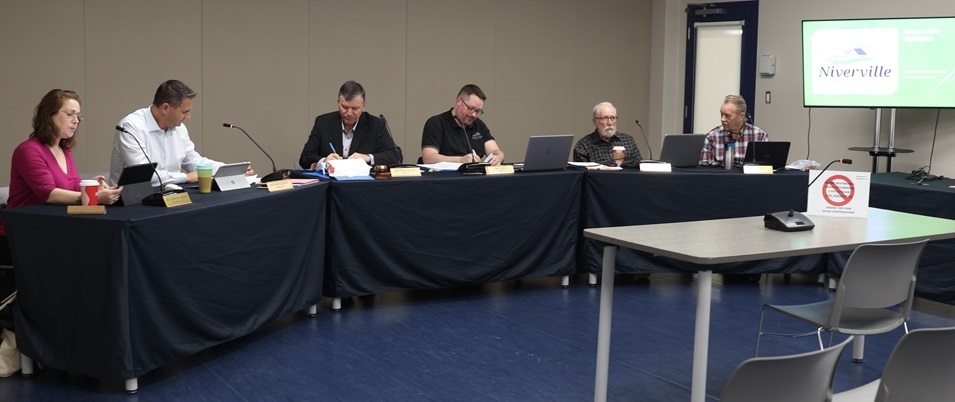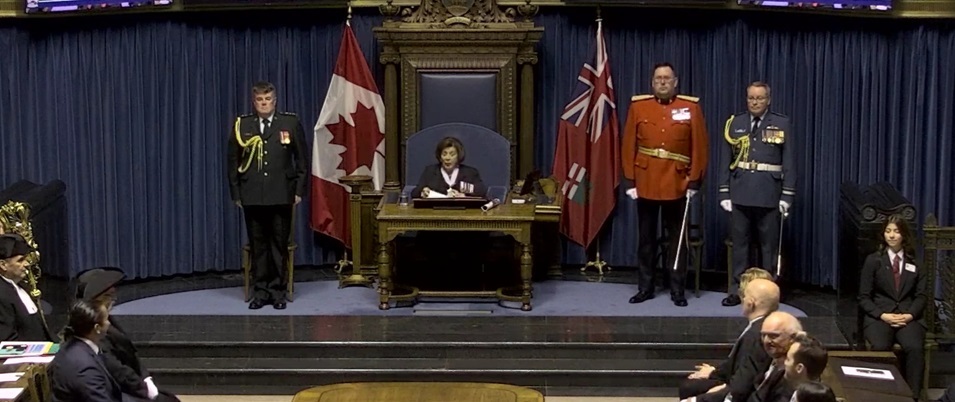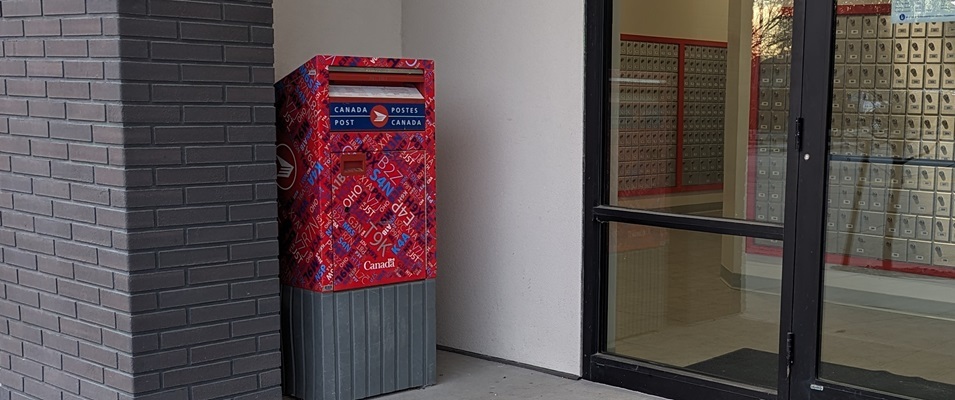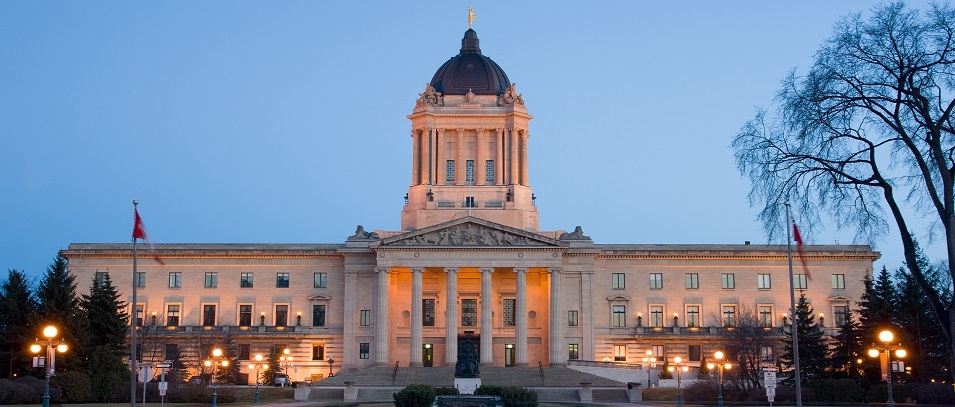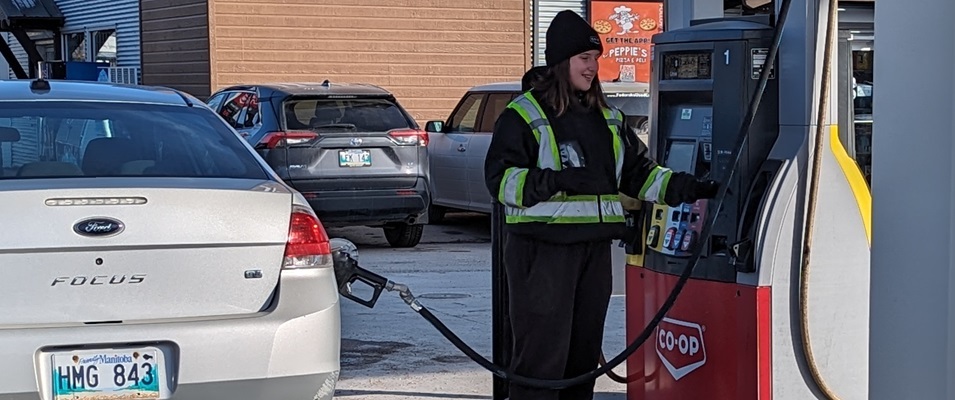
On Sunday, March 17, Imperial Oil Ltd. released a public statement indicating the necessity to shut down a fuel pipeline located just south of St. Adolphe. Known as the Winnipeg Products Pipeline (WPP), the line is used to transport gasoline, diesel, and jet fuel to supply agencies in Winnipeg and the greater Winnipeg region. It is operated by Imperial and used by both their company and other third-party customers.
The surprise shutdown of this major fuel transfer line has some people questioning how local supply will be affected in the coming months.
According to the province, Imperial’s decision to shut down the pipeline took place after preventative maintenance and inspections identified integrity concerns.
“The line was not compromised and no materials were spilled into the environment,” reads a statement from province. “The province is engaged in oversight of the repair work to ensure all precautions are taken to protect the surrounding environment.”
Imperial says that it will take a minimum of three months to get the pipeline up and running again since the line requiring repair runs beneath the Red River.
In the meantime, both Imperial and the province say that they’re working hard to mitigate the risk of low supply.
“Imperial is leveraging its extensive supply network and working around the clock to minimize customer and consumer impacts,” Imperial explains through a media release. “This includes arranging alternate forms of transport through truck and rail to continue to move fuel to the region and identifying other terminal locations for customers to pick up.”
The nearest terminal along the WPP is in Gretna, along the U.S. border.
The province, too, has activated its emergency measures team. Some of Manitoba’s largest fuel suppliers have been called upon for additional support in keeping fuel supply up.
“Almost everything in terms of gasoline, diesel, and jet fuel is brought in via these pipelines,” Premier Wab Kinew says. “The goal is to bring in the same amount of fuel via truck and train… so about 12,000 barrels of gasoline per day… to be able to ensure that there’s a continuous supply… We’re told that there’s about a week’s worth of gasoline in the terminals here in Winnipeg right now.”
The question still remains whether there will be an adequate number of trucks and train cars available to meet the extra demand.
In the meantime, both the province and Imperial Oil have indicated a desire to keep stakeholders, communities, and customers informed and updated throughout the process.
Three days after the news of the shutdown was released, local gas stations still had not received any information as to how this incident will affect their business or customers.
The Citizen reached out to Imperial Oil for more answers. The company’s public and government affairs representative, Keri Scobie, explains that fuels coming from the WPP service the majority of local wholesalers in the southeast. This line is the source of most gas station’s supply.
Still, Scobie is confident that alternative means of transport will be available and ready to fill the void.
“We have a very talented group of people and we run into these situations [occasionally],” says Scobie. “We know how to figure things out when we can’t use our traditional supply chains. So we feel very confident that the disruptions will be very minimal. We have an extensive network of trucking companies and rail [options] and we’re definitely working our connections in those areas.”
Scobie wouldn’t disclose the names of the transport companies they will be calling on for help.
As for the cause of the pipeline concerns, Scobie says that the jury is still out on that.
“What we suspect is that there was some ground instability on the riverbank that was putting some pressure on the lines,” she says. “So we’ve safely shut it down, product has been removed, and now the engineering and geotechnical work is underway.”
The exact location of the pipeline under repair has also not been disclosed yet.
According to Canada Energy Regulator, an arm of the federal government, Manitoba’s motor gasoline demand in 2019 landed 14 percent above the national average. In the same year, our province’s diesel demand was 25 percent higher than the national average. The majority of these fuels are piped in from refineries in Alberta and Saskatchewan.






